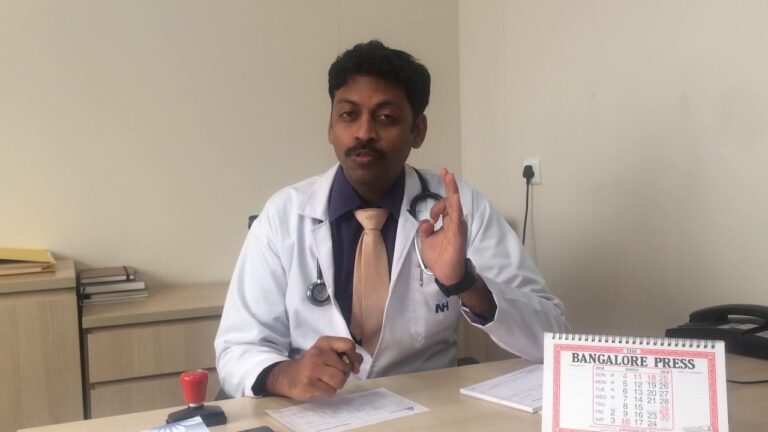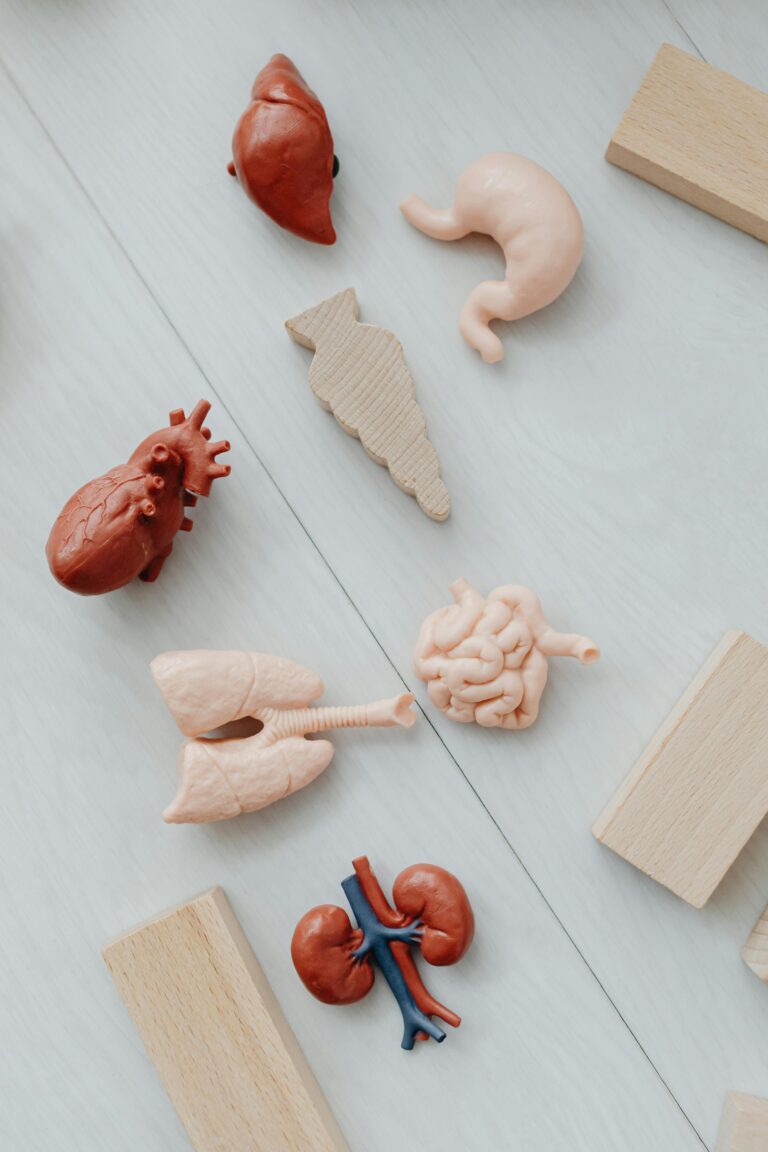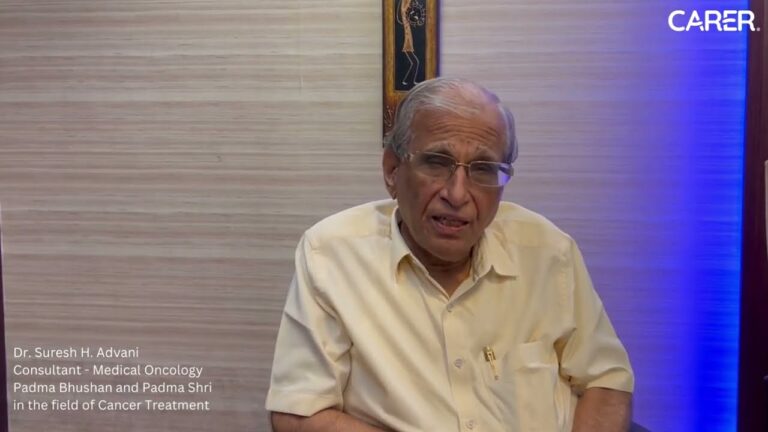Understanding the Role of Traditional Chinese Medicine (TCM) in Cancer Care

role of traditional Chinese medicine in cancer care
Cancer is a complex and challenging disease that affects millions of people worldwide. Even though contemporary therapies like radiation, chemotherapy, and surgery are frequently employed, many patients also seek extra help from Traditional Chinese Medicine (TCM). For thousands of years, TCM has been utilized to encourage healing and balance in the body because of its comprehensive approach. However, what role does it play in modern cancer care?
What is Traditional Chinese Medicine?
Tai Chi and Qigong exercises, acupuncture, herbal medicines, dietary therapy, and massage (Tui Na) are all part of the Traditional Chinese Medicine (TCM) system. In contrast to Western medicine, which frequently concentrates on curing particular illnesses or symptoms, TCM seeks to restore the body's Yin and Yang, organ harmony, and Qi (energy) balance.
How Does TCM Help in Cancer Care?
- Supporting Conventional Treatments: By assisting patients in managing the side effects of traditional treatments like radiation and chemotherapy, Traditional Chinese Medicine (TCM) contributes to the supportive care of cancer patients. Acupuncture, for example, has been demonstrated to reduce fatigue, pain, and nausea, enhancing patients' quality of life while undergoing treatment. Furthermore, Chinese herbal treatments like ginseng (Ren Shen) and astragalus (Huang Qi) are frequently used to boost immunity and fight off low energy levels, which helps the body better handle the demands of cancer treatment. Throughout their course of therapy, patients may feel less discomfort and have better general health if TCM is combined with contemporary medicine.
- Strengthening the Body’s Defenses: Customized herbal ingredients, like astragalus root ( Huang Qi) and ginseng ( Ren Shen), enhance the body’s natural healing capacities by boosting immune function and energy (Qi). Specialised TCM formulations, including Jianpi Yiwei Decotion or Shen Ling Bai Zhu San, are designed to improve appetite and digestion, critical for malnourished cancer patients experiencing weight loss. Additionally, herbs like turmeric ( Jiang Huang) help reduce inflammation, while adaptogens such as reishi mushroom mitigate stress, fostering a balanced internal environment for recovery. By addressing these key health aspect, TCM strengthens the body’s resilience, better equipping patients to endure the challenges of cancer and cancer and its treatments.
Managing Emotional Well-being: A cancer diagnosis frequently results in emotional difficulties like stress, worry, and even depression and anxiety, which can affect one's general wellbeing. These issues are addressed by traditional Chinese medicine (TCM) through mindful exercises like tai chi and qigong, which combine breathing exercises, meditation, and gentle movement to enhance mood and encourage relaxation. By improving emotional resilience, lowering stress hormones, and calming the mind, these activities help cancer patients better handle the psychological effects of the disease. Through the integration of various holistic therapies, TCM promotes mental and emotional equilibrium in addition to physical healing throughout the course of treatment and recovery. - Preventing Recurrence and Supporting Remission: Traditional Chinese Medicine (TCM) reduces cancer recurrence risk by restoring balance with targeted therapies. Herbs like turmeric (Jiang Huang) combat inflammation, while astragalus (Huang Qi) strengthens immunity. Detoxifying formulas such as Wu Mei Wan help eliminate residual toxins, and adaptogens like reishi mushroom (Ling Zhi) support organ function. TCM dietary therapy—such as congee with Chinese yam (Shan Yao)—nourishes digestion, while acupuncture regulates Qi. By correcting underlying imbalances (e.g., dampness or Qi deficiency), TCM promotes long-term vitality, ensuring remission lasts. This aligns with TCM’s core principle: treating the root cause to activate the body’s innate healing power.
Important Considerations
While TCM offers many benefits, it's not a replacement for conventional cancer treatment. Patients should always:
- Consult their oncologist before starting any TCM therapy.
- To guarantee safe and efficient therapy, work with a certified TCM practitioner.
- Avoid unproven herbal remedies that may interfere with medications.
- Always inform your Oncologist of any herbal remedies you may be taking.
Traditional Chinese Medicine can play a supportive role in cancer care by easing side effects, improving quality of life, and strengthening the body’s resilience. TCM provides a comprehensive approach to healing when utilized appropriately in conjunction with contemporary medicine, treating the patient as a whole rather than simply the illness.
To guarantee the best care possible, always get advice from licensed healthcare professionals if you or a loved one is thinking about using TCM for cancer support.









